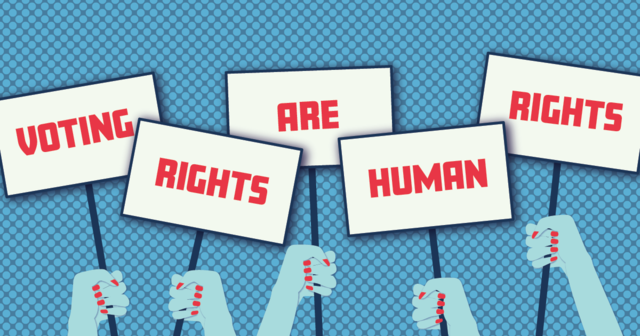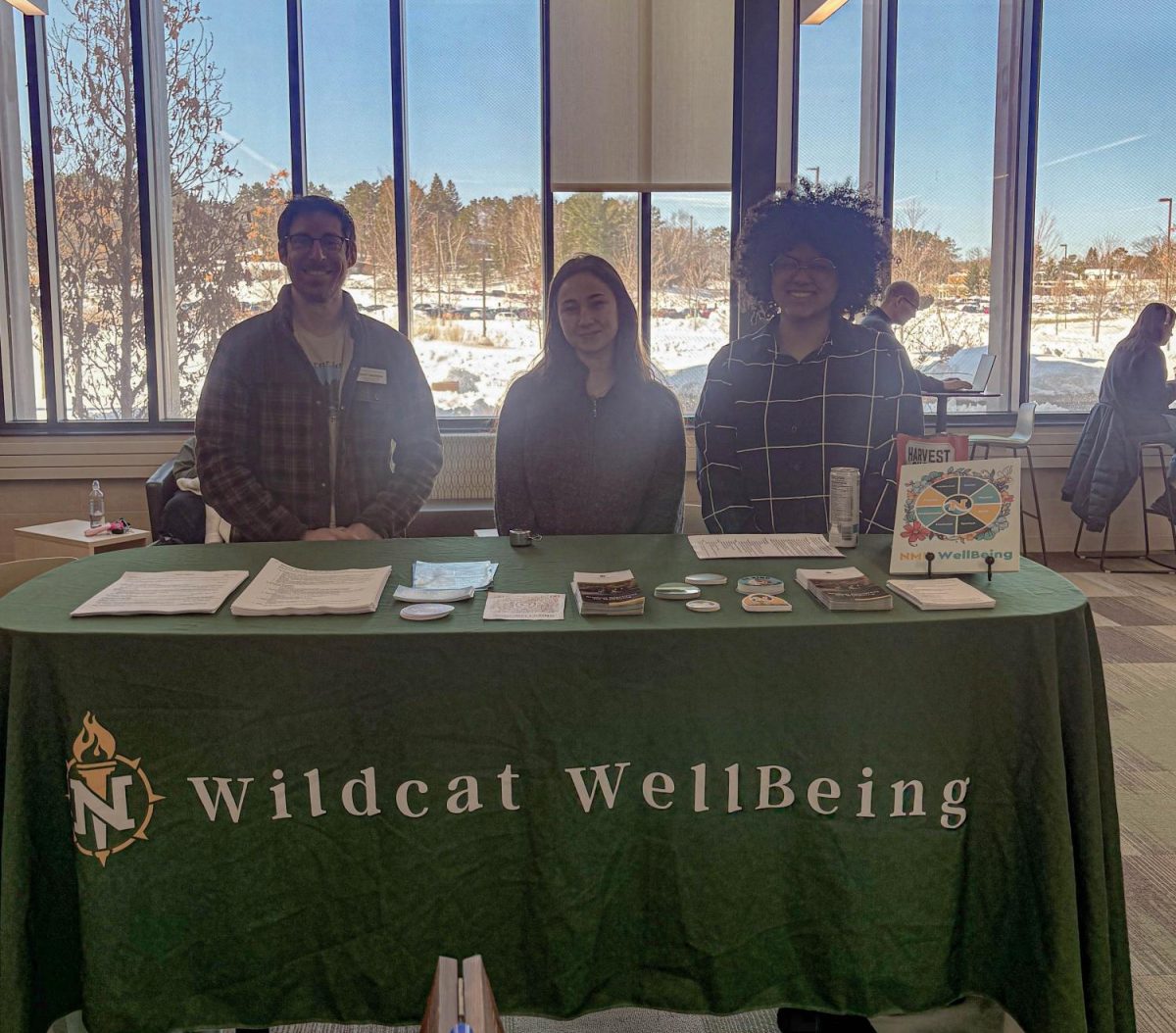The right to vote is a privilege given to the citizens of the United States, yet voting has been a monumental point of contention throughout U.S. history. The ability to vote was once allowed to only white, male landowners. Although such legislation was in place a long time ago, there are still remnants of voter suppression today. Perhaps the most suppressed vote in American history is the Black vote; argued to be suppressed in this very election by President Donald Trump.
A vote is a voice. A demographic of people with aligned beliefs being suppressed in their ability to vote is an unfortunate consequence and removal of a privilege which is shockingly common in America. D’Mario Duckett, President of the Black Student Union, shares how he believes Black votes have been and are still being suppressed today.
“There’s a lot of different ways—there’s deterrence in Wisconsin [where] they started requiring photo ID to vote so if there are immigrants who don’t have a photo ID or people in general who don’t have a driver’s license, they’re now deterred to vote because they don’t have a proof of ID to show somebody. They also limit voting places, especially in Black communities. They try to limit as much as they can so sometimes there will be one voting place for entire cities like Atlanta. There were stories of Atlanta only having a few voting places for hundreds of thousands of people. It’s America, it’s what we’re built on,” Duckett said.
The Black Student Union recently held an event that aimed to teach students about voter oppression where they further discussed how Michigan and Wisconsin suppressed votes.
“The voter turnout in Wisconsin in 2012 to 2016 … dropped a fifth. So 75% of eligible Black voters went out to vote in 2012 but in 2016 it was like 52 or 53% of eligible black voters who went out to vote. The article that he referenced talked about how the Wisconsin Legislature introduced the requirement for photo ID and in Michigan they also decreased voter turnout with exact match signature,” Duckett said.
Exact match signature is when a machine compares the signature made on a ballot with a photo ID signature. A person is involved in the process of whether to trash the vote or not, but that often leads to discrimination and voter suppression by the removal of Black votes, according to Duckett.
“I think it’s becoming blatantly obvious we still have to fight for the most basic right in a democracy. This should be the most wide spread right that all of us have in this society—the right to vote. We’re supposed to be a democratic society,” Duckett said.
Decision making in a democracy is meant to be up to the people living in that society. Historically and today this is not always the case. There have been numerous elections in which the candidate did not win the popular vote, yet still became the president. The earliest case of this was in 1824 when John Quincy Adams became president, and the latest is Donald Trump in 2016, according to History.com.
The idea of a president being elected and not winning the popular vote may seem odd, but the United States system requires a candidate to win 270 of the electoral votes as the primary criteria to become president. While elected officials who are members of the electoral college are expected to represent the beliefs of their state, that is not always the case.
Presidencies in America have always had an allure to them; the winner never wholly feels like the people’s choice. In an article posted by the Washington Post in 1927, Dr.Lindsay Rogers, Professor of Law at Columbia University, argues that presidents are chosen largely by accident.
“We must admit that [President Calvin Coolidge’s] entrance into the White House was accidental,” Rogers was quoted. “Much more important than the due working out of due process of law is just who happens to be on the Supreme Bench at a given time.”
A President is often chosen on the basis of who currently holds offices and influences the people they represent and govern. A two party system, such as America’s, is meant to allow voters a choice, yet that choice is narrowed when beliefs are as cut and dry as blue or red. Duckett believes students should vote in accordance to their own beliefs, and not tie what they believe in to a given party.
“Vote on agendas, not parties,” Duckett said.































